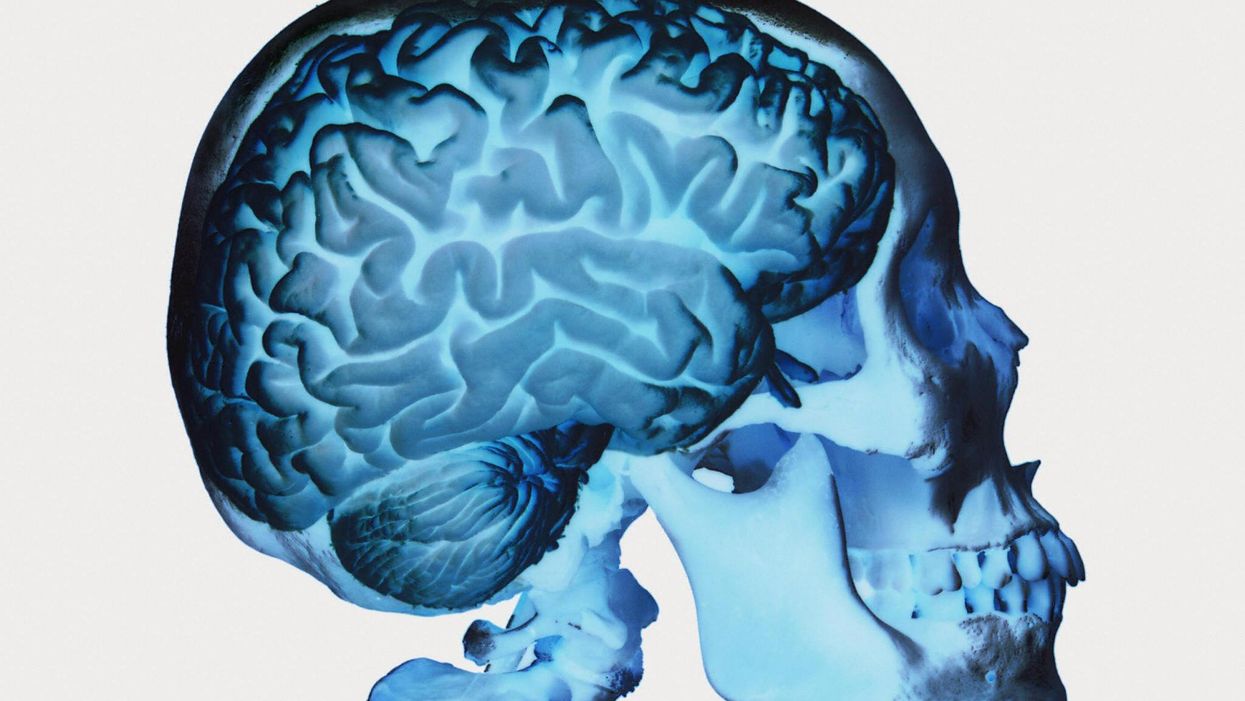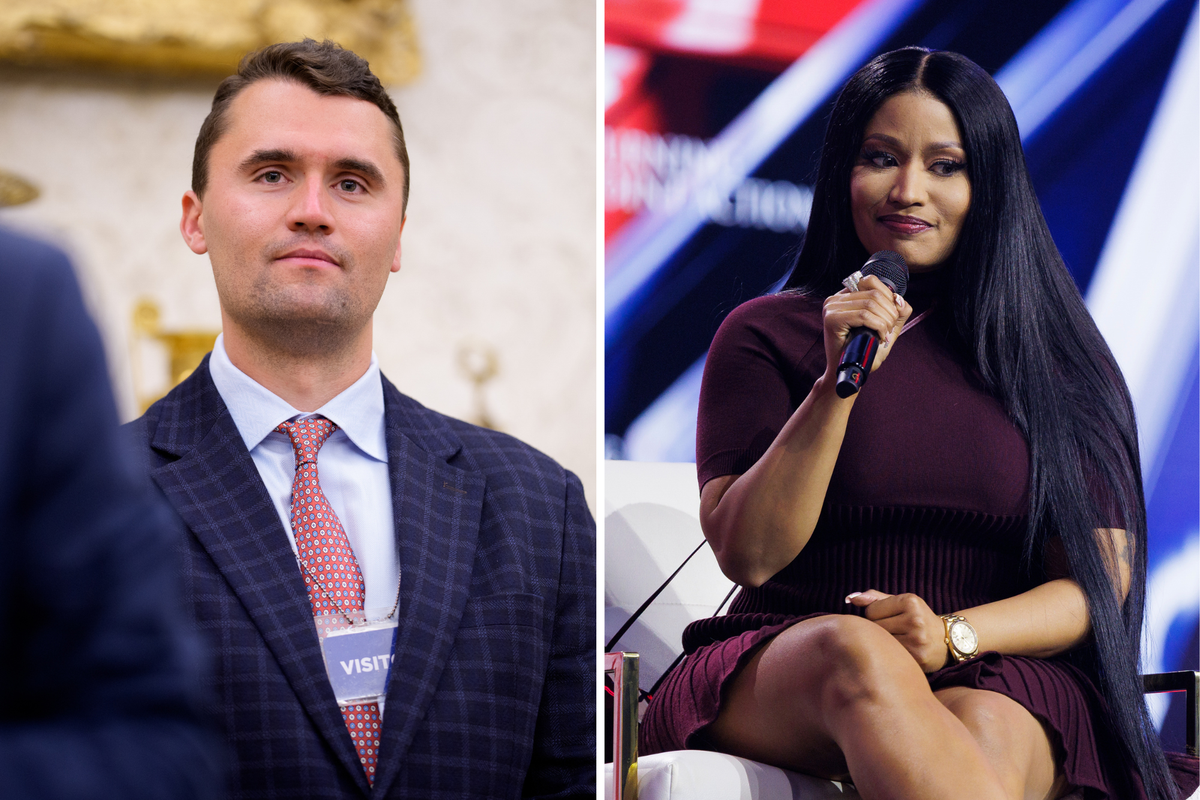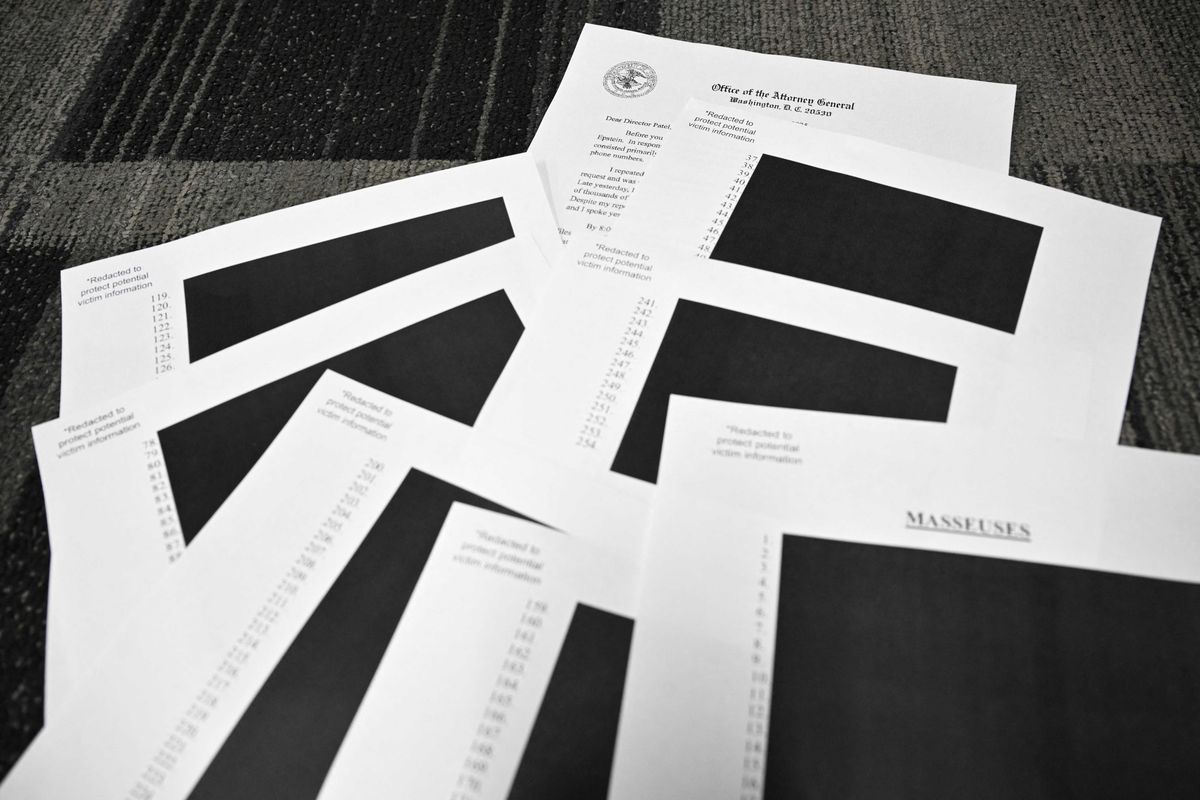
Writer and essayist C. S. Lewis, in The Case for Christianity, argued that God created humans with free will.
He wrote:
That means creatures which can go wrong or right. Some people think they can imagine a creature which was free but had no possibility of going wrong, but I can't. If a thing is free to be good it's also free to be bad. And free will is what has made evil possible. Why, then, did God give them free will? Because free will, though it makes evil possible, is also the only thing that makes possible any love or goodness or joy worth having.
The concept of free will is tied as closely to religion as it many political ideologies – and our laws are based on the prerequisite idea that our actions are intentional, with knowledge and self control.
Marcel Brass, professor of Cognitive Psychology at Kent University put it another way:
There are two notions –the first is the psychological notion, with the question – how free are we?
This relates to how much we are determined by our environment.
Then there’s the philosophical question of the principle existence of free will – is there free will or not?
However, a group of neuroscientists argue that free will is nothing more than a necessary illusion created by the mind.
The basis for such a theory was first actualised in a research paper published by pschologists Dan Wegner and Thalia Wheatley in 1999.
The duo proposed that willing an action is the mind’s unconscious inference of behaviour.
Put simply, decisions are caused and not created.
A study published in Psychological Science earlier this year explored this theory further. Particpants were asked to quickly choose from a set of options, before a random option was made to seem important.
When the participants believed that they made the decision before the random option was made ‘salient’, they were still more likely to report choosing that particular option.
The study wrote:
Even when they believed that they had made their decision prior to this event, participants were significantly more likely than chance to report choosing the salient option when this option was made salient soon after the perceived time of choice. Without participants’ awareness, a seemingly later event influenced choices that were experienced as occurring at an earlier time.
The findings showed that people might over-estimate the role of consciousness and its influence on chosen behaviour.
More: Why you're easily distracted - according to psychologists













